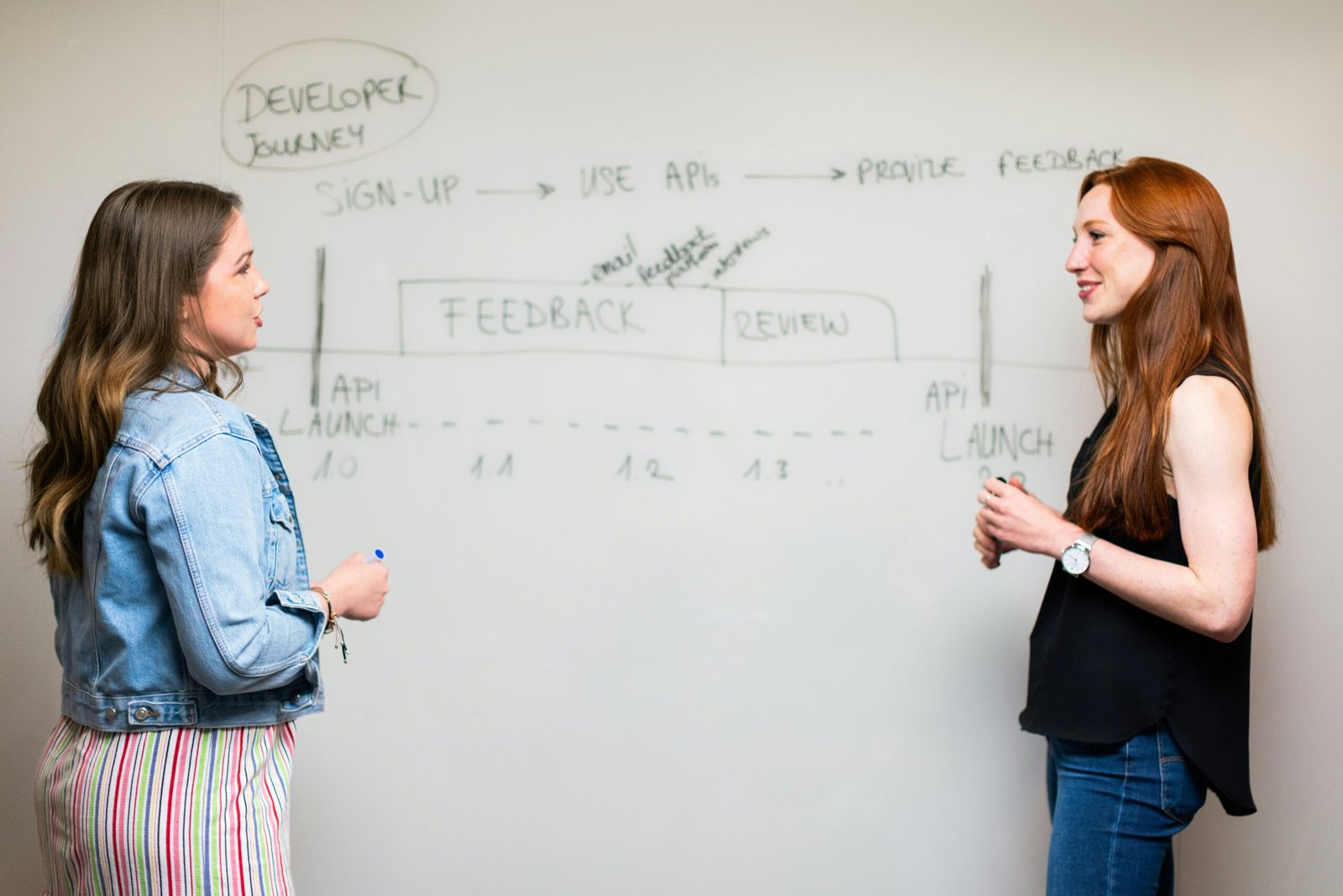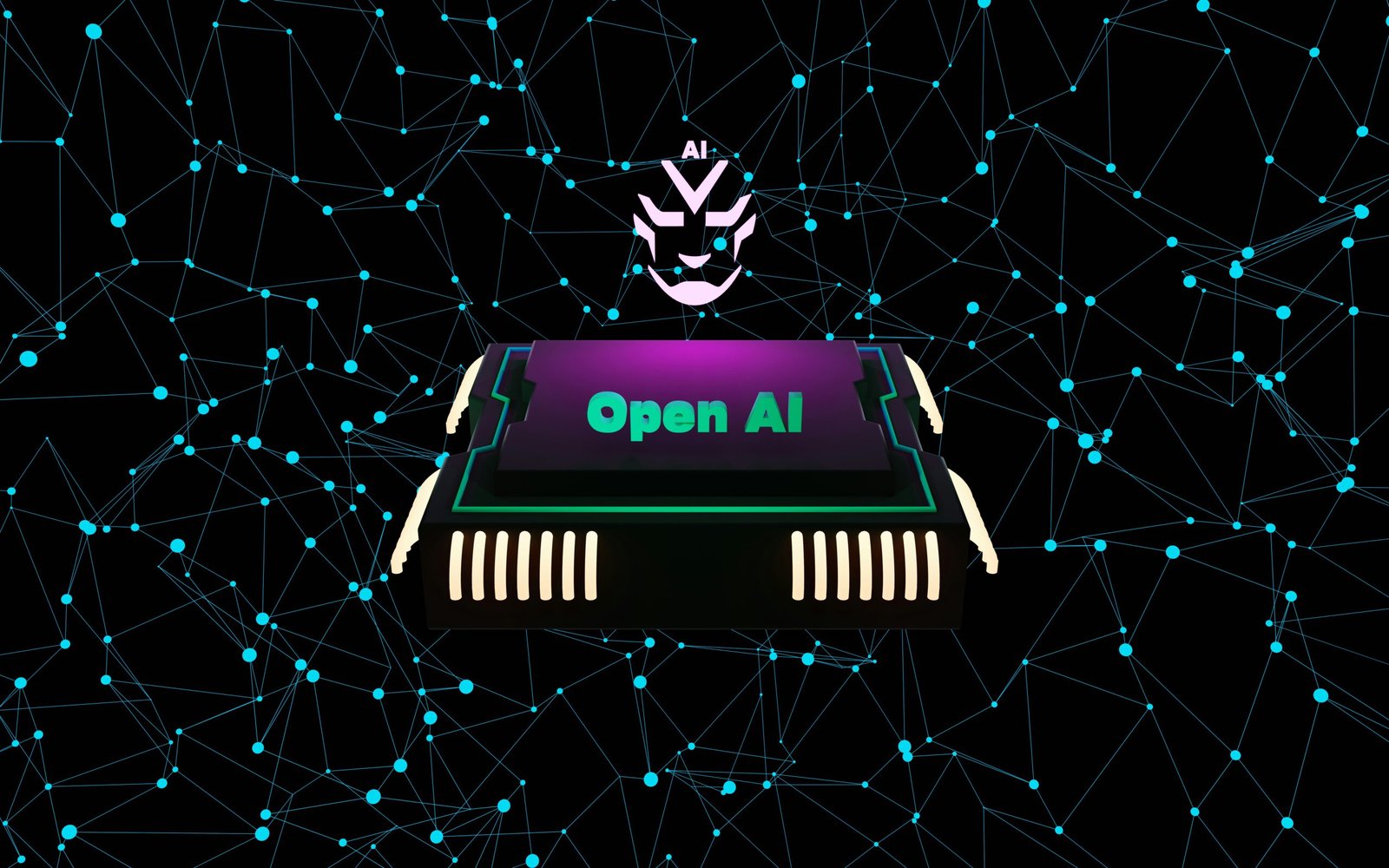Introduction to Employee Career Growth in 2025
As organizations strive to adapt to a rapidly evolving work environment, employee career growth has emerged as a critical focus area. The fast-paced changes in the job market, largely driven by technological advancements and shifting workforce demographics, have significantly influenced what employees prioritize in their professional development. In 2025, understanding these priorities will be essential for effective talent management and organizational success.
The modern workplace is increasingly characterized by a demand for flexible work arrangements, continuous learning opportunities, and a supportive environment that fosters skill enhancement. With the rise of remote work, employees are reevaluating their personal and professional goals, leading to an increased emphasis on career advancement initiatives. Career growth is no longer solely about promotion but encompasses a broader definition that includes skill acquisition, career mobility, and personal fulfillment.
Our recent survey aimed to uncover the priorities employees have for their career development and the factors influencing those priorities as we approach 2025. We gathered insights from a diverse group of participants, including various age groups, professional backgrounds, and industries. This approach ensured a comprehensive understanding of the trends shaping employee expectations regarding growth and development opportunities.
The survey employed both quantitative and qualitative methods, utilizing structured questionnaires and open-ended responses to capture a detailed snapshot of employee sentiments. Key demographics such as level of education, years of experience, and geographic location were collected, providing context for the data analysis. By understanding these dynamics, organizations will be better equipped to align their career development strategies with employee expectations, ultimately fostering a more engaged and productive workforce.
Key Findings from the Survey
The results from our recent survey reveal significant insights into employee priorities for career growth as we approach 2025. A predominant finding highlights the increasing demand for specific skills and competencies that align with the evolving job market. Over 65% of respondents emphasized the importance of digital literacy and technical expertise, reflecting the ongoing transformation toward a technology-driven workplace. Employees express a keen interest in upskilling in areas such as data analysis, coding, and artificial intelligence, indicating a clear direction for professional development initiatives.
Another noteworthy finding pertains to the preference for remote versus on-site work arrangements. The survey indicates that 72% of employees prefer a hybrid model that balances remote and in-office requirements. This preference underscores the need for organizations to adopt flexible work policies that cater to employee desires for autonomy and work-life balance. Furthermore, the data suggests that younger demographics are more inclined toward remote work options, while older employees value the face-to-face interactions of on-site work.
Mentoring opportunities emerged as a crucial factor in career advancement, with 58% of respondents advocating for more structured mentorship programs within their organizations. Employees recognize the importance of guidance from experienced professionals for navigating career challenges and enhancing their skill sets. The survey data demonstrates that those with access to mentorship report higher job satisfaction and a clearer trajectory for professional growth.
Lastly, the role of work-life balance cannot be overlooked, as nearly 80% of employees identified it as a top priority for their career decisions. The demand for roles that respect personal time and mental well-being emphasizes the shifting perspective on workplace expectations and highlights the necessity for employers to create supportive environments.
Implications for Employers and Organizational Strategies
In light of the survey findings regarding employee priorities for career growth in 2025, organizations face critical implications that can shape their talent management approaches. With employees increasingly valuing professional development opportunities, employers must prioritize the establishment of comprehensive development programs. By offering a range of training, mentorship, and upskilling opportunities, organizations can cater to the diverse aspirations of their workforce. This commitment not only helps in enhancing employee competency but also fosters a culture of continuous learning that can be attractive to potential hires.
Furthermore, creating a supportive work environment is paramount. This involves providing resources that promote well-being, implementing flexible work arrangements, and encouraging open communication. A supportive culture allows employees to express their career aspirations freely and actively participate in their professional journeys. By emphasizing employee well-being in organizational strategies, employers not only boost morale but also instill loyalty and reduce turnover, ultimately securing top talent in a competitive labor market.
Another key takeaway from the survey is the importance of establishing clear pathways for career advancement. Organizations should develop transparent career progression frameworks that outline the skills and experiences required for advancement within the company. Providing employees with clear goals and attainable milestones can motivate them to engage proactively in their career development. Regular performance evaluations and career discussions will further empower employees to articulate their ambitions, thereby facilitating better alignment between individual goals and organizational needs.
Lastly, organizations should actively listen to employee feedback and adapt their practices accordingly. This involves conducting regular assessments of career development programs and making necessary adjustments based on employee input. By positioning themselves as responsive and adaptable to the workforce’s evolving preferences, employers can strengthen their reputation as desirable workplaces and reinforce the loyalty of their employees.
Future Trends in Employee Career Development
As organizations strive to adapt to an ever-changing professional landscape, the future of employee career development is likely to witness significant transformations influenced by various factors. One of the most profound changes is the integration of artificial intelligence (AI). AI is expected to revolutionize talent management by streamlining recruitment processes, personalizing learning experiences, and facilitating more effective performance evaluations. Employees in 2025 may benefit from tailored career pathways that utilize advanced algorithms to recommend training programs and skill development unique to their career aspirations. This could ultimately lead to more efficient and meaningful career growth.
Furthermore, the shift toward remote work technologies is reshaping how employees interact with their career trajectories. The rise of virtual collaboration tools has enabled employees to maintain high productivity levels regardless of their physical location. As a result, organizations must rethink traditional career development frameworks that were historically tied to in-office performance. Flexibility in work environments may promote a more inclusive approach to career advancement, allowing employees to thrive in diverse settings while continuing to pursue professional growth opportunities.
In addition to technology-driven changes, evolving workplace cultures are anticipated to play a crucial role in shaping employee attitudes toward career progression and job satisfaction. The growing emphasis on well-being, work-life integration, and purpose-driven work is leading employees to seek roles that align with their personal values. Organizations that foster a culture of continuous learning and support for holistic employee development will attract and retain top talent. This evolving mindset encourages employees to take an active role in their career paths, prioritizing roles that not only meet financial objectives but also align with their broader life goals.
In conclusion, as we look ahead to 2025 and beyond, it is evident that a confluence of AI, remote work technologies, and progressive workplace cultures will redefine employee career development. By anticipating these trends, both employees and organizations can better prepare for a future that values dynamic career paths and emphasizes job satisfaction.









